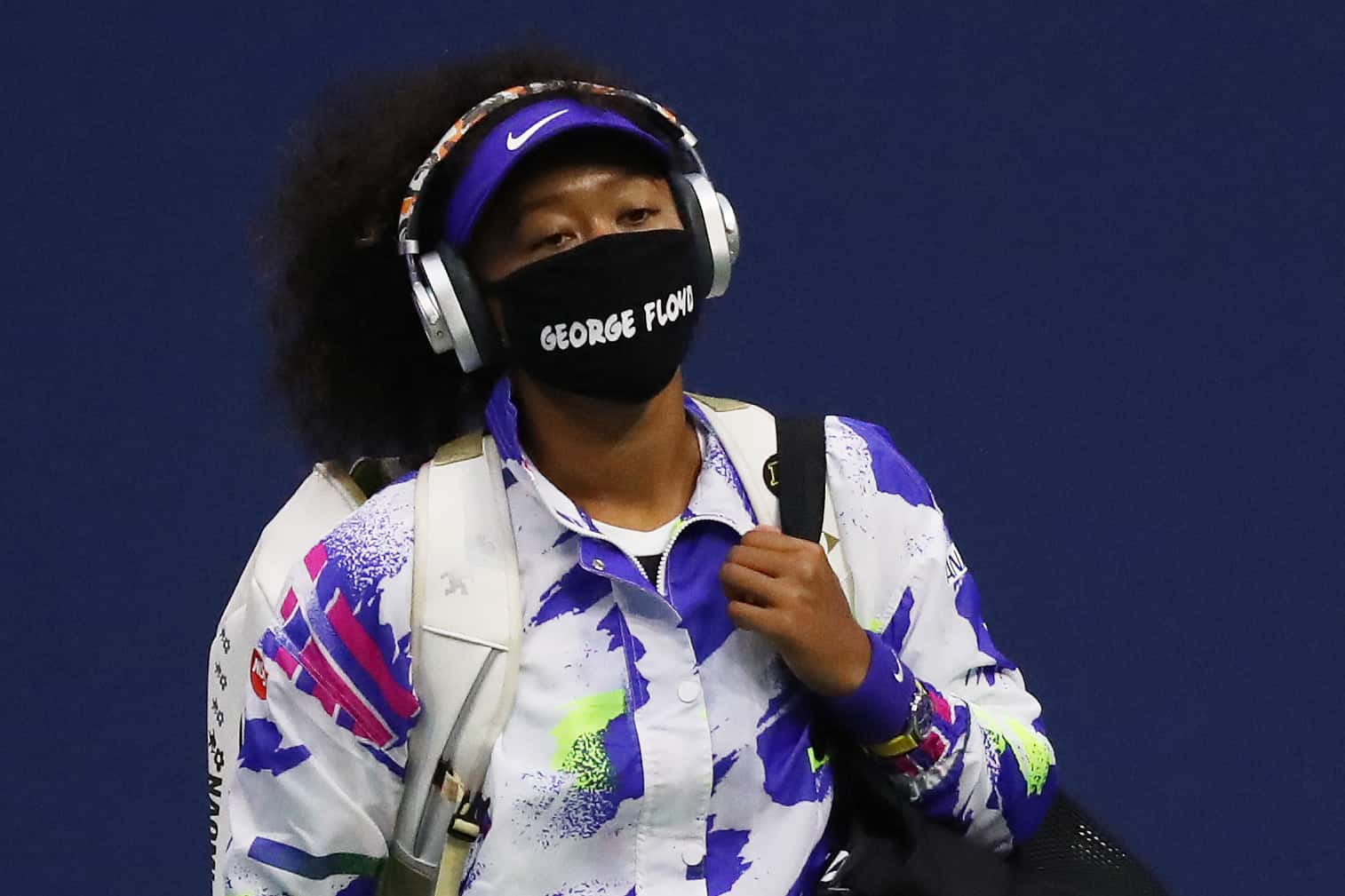'African American isn't the only Black': Naomi Osaka slams critics over 'Black Card' row

Tennis star Naomi Osaka has revealed the massive backlash she faced over her decision to represent Japan in the upcoming Tokyo Olympics, instead of the US. The revelations came to light after the premiere of her Netflix docu-series 'Naomi Osaka'. The limited series was released on the streaming service on July 16 and comes at an interesting time for the athlete.
Osaka recently courted massive controversy for boycotting media interactions at the French Open. Her uncompromising stance led to threats of a $15,000 fine by the organizers, and possibly a ban from the competition. After the fine was levied, Osaka quit the tournament mid-way, citing mental health concerns. The decision left tennis fans divided, but she found support from stars like Jameela Jamil and Serena Williams.
RELATED ARTICLES
Then in June, she once again became the topic of debate after posing for the cover of Vogue Japan. It follows a controversial 2020, where the star chose to make several political statements both on and off the court, much to many people's ire. Those decisions have led to massive repercussions, as she revealed in her Netflix special.
'Black card revoked'
The latest controversy appears to stem from Osaka's constant presence in the fight for racial justice. During the US Open in 2020, Osaka wore masks with the names of several Black Americans killed by police including Tamir Rice, Breonna Taylor, Elijah McClain, Ahmaud Arbery, Trayvon Martin, and George Floyd. "The point is to make people start talking," she said at the time. Eventually, the Japanese-American became a poster girl for the Black Lives Matter in tennis.
The response was immensely positive, not just from fans but sponsors as well. The Age reported several brands like Levis and Beats built campaigns around Osaka's actions, while others began to actively court her for marketing opportunities. As a Black and Asian woman in a majority White sport, Osaka rose to become a mentor for others. However, that came at a significant cost.
While she has been raised in the US, Osaka has represented Japan at all international competitions since she was a teenager. It surprised very few when she stuck to that choice, ahead of the Tokyo Olympics. Others though weren't as happy. "I don't choose America and suddenly people are like, 'Your black card is revoked'," she said during an interview for the series. Osaka added, "African American isn't the only black, you know?"

She slammed critics for attacking her decision, saying, "I feel like people really don't know the difference between nationality and race because there's a lot of black people in Brazil, but they're Brazilian." The attacks also appear to be short-sighted, since Osaka is no longer an American national. As The Daily Mail reported, Japan allows nationals to maintain dual nationality up to the age of 22. Japanese law mandates anyone with dual citizenship born after 1985 must choose one by their 22nd birthday. In 2019, Osaka announced her plans to give up her American nationality, with her eye set on representing Japan as she had done till then.
With that, it meant Osaka was no longer eligible to represent the US even if she wanted to. The decision doesn't exactly come as a surprise. In a 2018 press conference, she said, "My dad’s Haitian, so I grew up in a Haitian household in New York. And my mom’s Japanese and I grew up with the Japanese culture too, and if you’re saying American, I guess because I lived in America, I also have that too."
Irrespective of her decision to give up American nationality, Osaka has made it clear she won't stop getting involved in US racial justice issues. It's unclear who exactly told Osaka her "black card was revoked", the revelation on Netflix is the first time she has revealed it. As a result, it is expected to become a huge source of controversy and is already trending on Twitter. For Osaka though, that shouldn't be an issue. After all, she is no stranger to controversy.










